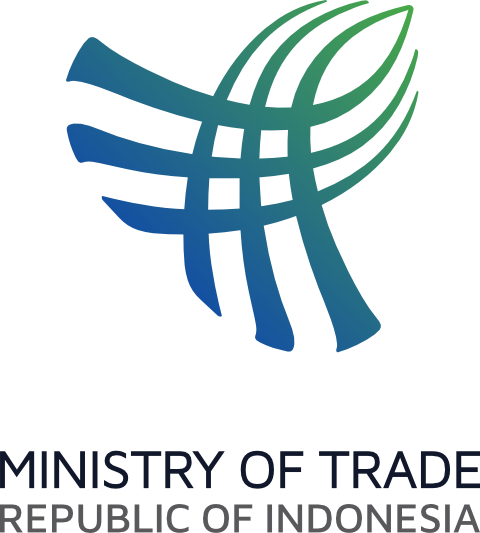
Scrap investment stifling policies, W’Bank tells Nigeria, others
Scrap investment stifling policies, W’Bank tells Nigeria, others
The World Bank has issued a warning about the negative impact of restrictive trade and investment policies adopted by many governments, which are threatening to reduce foreign direct investment (FDI). FDI is crucial for economic growth in Nigeria and other developing countries. According to a recent report ahead of the upcoming Conference on Financing for Development in Seville, Spain, FDI into developing economies fell sharply to $435 billion in 2023 — the lowest level since 2005. Advanced economies also saw a decline, receiving only $336 billion, their weakest inflow since 1996.
The World Bank’s Chief Economist, Indermit Gill, linked the drop in FDI to deliberate government policy decisions that have erected barriers to investment and trade, at a time when public debt is reaching record highs and private investment needs to drive economic growth. FDI inflows as a percentage of GDP in developing economies have halved from their 2008 peak, standing at just 2.3% in 2023.
Deputy Chief Economist Ayhan Kose called the trend “alarming” and stressed the urgency of reversing it to support job creation, sustained economic growth, and broader development goals. The report highlights that in 2025, half of all policy changes related to FDI in developing countries have been restrictive—the highest rate since 2010.
The World Bank also noted a significant decline in the creation of new investment treaties and trade agreements, which historically boost FDI by over 40%. While the 1990s saw more than 1,000 treaties come into force, only 380 were enacted between 2010 and 2024. New trade agreements have also dropped from an average of 11 per year in the 2010s to just six annually in the 2020s.
To counter this, the World Bank recommends governments focus on reforms that improve the business environment, reduce informal sectors, strengthen institutions, and invest in human capital—areas that correlate with higher returns from FDI. The report estimates that a 10% increase in FDI inflows could boost real GDP by 0.3% within three years, and up to 0.8% in countries with strong institutions and productivity.
Finally, the report draws attention to the unequal distribution of FDI: two-thirds of inflows to developing countries between 2012 and 2023 went to just 10 countries, with China alone attracting nearly one-third of the total, while the 26 poorest countries received only 2%. The World Bank calls for increased global cooperation to direct FDI towards countries most in need, emphasizing the need for a rules-based international order and support for structural reforms through technical and financial assistance.








